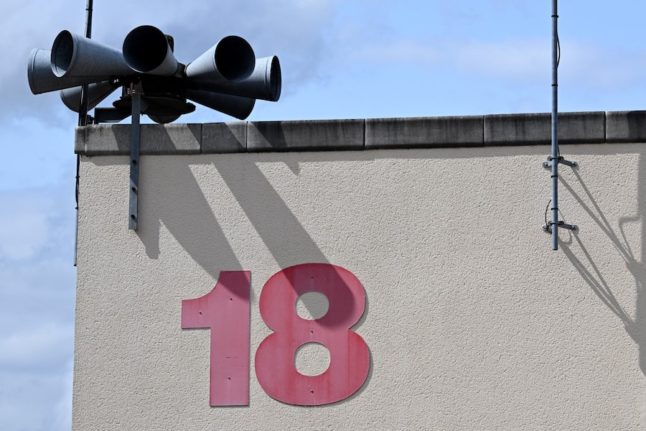The government has been gradually expanding the role of French pharmacists when it comes to vaccinations – in an effort to streamline the process and make it easier for people to get the shots they need.
Previously, people needed to visit their doctor to get a prescription for the vaccine, go to the pharmacy and get the vaccination itself and then in some cases return to the doctor to get the vaccine injected.
The government previously simplified this system to allow pharmacists to administer the injection, but they will now be able to administer 10 common vaccines without the need for a doctor’s prescription – making a one-stop-shop for vaccinations and saving time for both patients and doctors.
The expansion of the pharmacists’ role began in 2019 when the seasonal flu vaccination campaign was expanded to pharmacies, allowing people to go to their local pharmacy on a walk-in basis and get their shot without a prescription.
During the pandemic pharmacists were also allowed to administer the Covid vaccine (and subsequent booster shots) to anyone who wanted it without the need for a prescription.
Now this has been expanded again to also cover common childhood vaccines.
Since a decree published on August 9th, the following vaccines have been available from pharmacists without prescription, for people aged 11 and over. Under 11s will still require a prescription – or can get the standard childhood vaccines from a doctor, nurse or midwife.
- Diphtheria
- Tetanus
- Polio
- Seasonal flu
- Covid-19
- Measles
- Mumps
- Rubella
- Chickenpox
- Human papillomavirus (HPV) – the vaccination that prevents the infection that is the most common cause of cervical cancer
Other vaccines, including pre-travel vaccines such as yellow fever or hepatitus still require a visit to the doctor to get a prescription.
The standard cost for vaccines in a pharmacy is €7.50 if you have a doctor’s prescription or €9.60 without prescription, and if you have a carte vitale 65 percent of that cost will be reimbursed in most cases. If you have a mutuelle, in most cases that will reimburse the remaining cost.
This year the seasonal flu and Covid vaccine booster campaigns will both be run in the autumn, although precise details including the start date of the campaigns have not yet been released.
For the seasonal flu shot people in high risk groups including the elderly, pregnant women and those with chronic medical conditions will receive an invitation to get their vaccine, which is free.
Those who do not fall into any of the high-risk groups can still get the vaccine from their pharmacy at a slightly later date, but will have to pay for it. Last year the cost of the vaccine was €8.
Some pharmacies offer vaccines on a walk-in basis while others require to make an appointment in advance. Appointments can usually be made in store, by phone or via the medical app Doctolib.



 Please whitelist us to continue reading.
Please whitelist us to continue reading.
Member comments